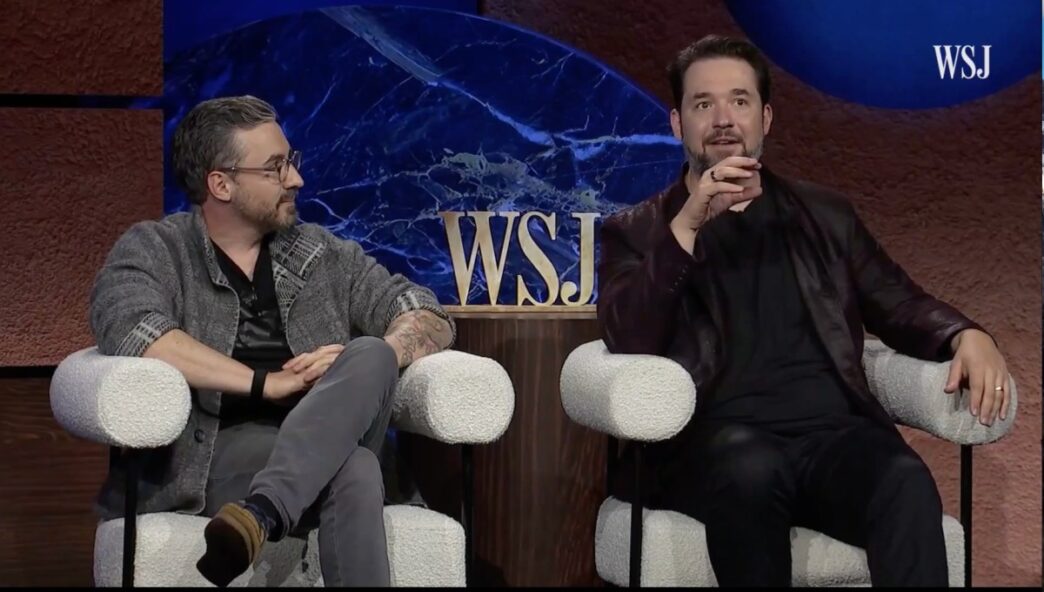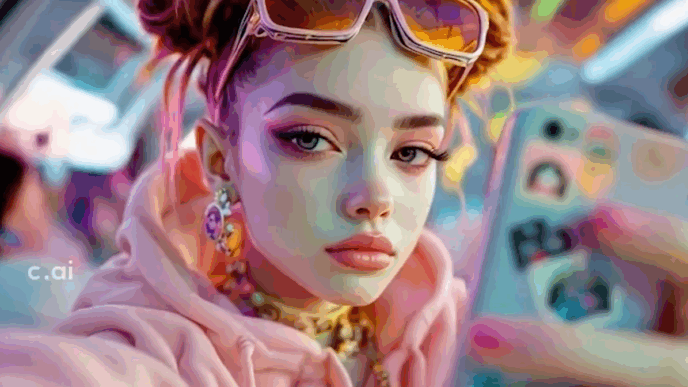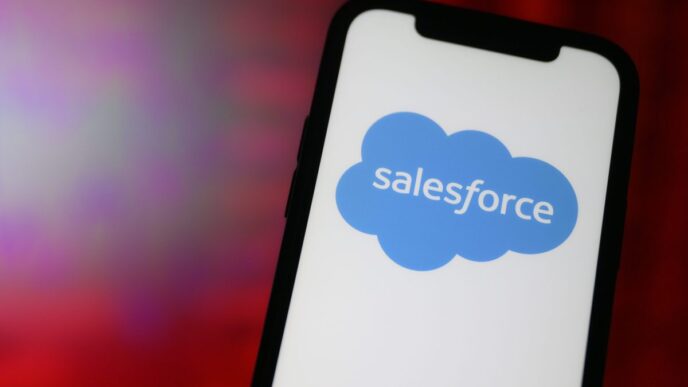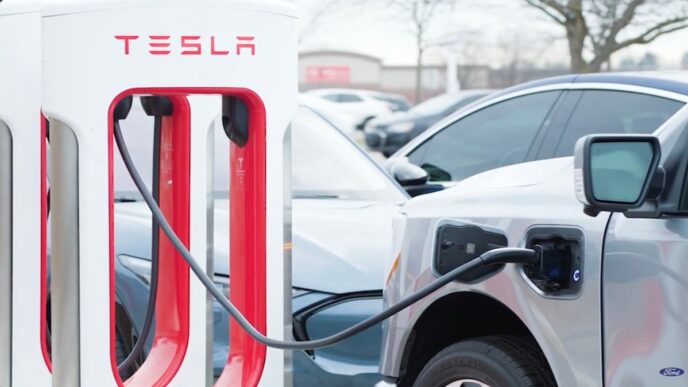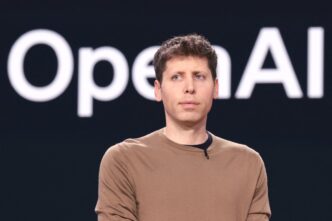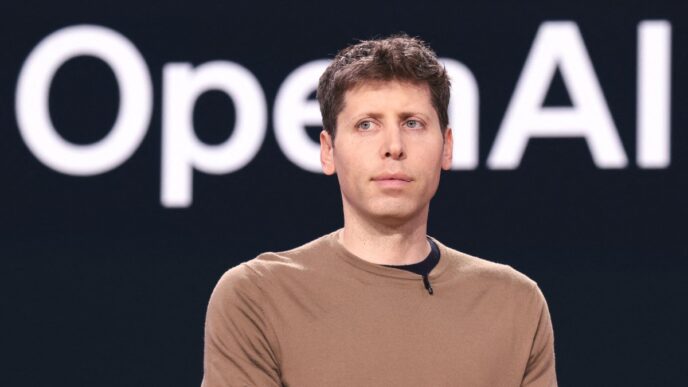Digg is getting a reboot. The new version aims to tackle AI-generated content drowning out real voices on social media. Founders Kevin Rose and Alexis Ohanian are determined to bring back the authentic community feel of the early internet.
At the recent Future of Everything conference, they outlined their vision. Rose highlighted the challenges from past social media experiences, while Ohanian pointed to the troubling rise of bots and AI in online interactions.
Ohanian reflected on the "dead internet theory," which suggests much online content isn’t human-generated. He stated, “Probably in the last few years — since we’ve blown past the Turing test — [the dead internet theory] is a very real thing.”
To combat this, they’re considering technology like zero-knowledge proofs to ensure users are genuinely human before engaging on the platform.
Rose emphasized, “The world is going to be flooded with bots, with AI agents.” He warned that this influx threatens genuine human connections online.
The duo sees potential in monetizing community moderators. Ohanian noted, “The days of unpaid moderation by the masses… has to go away.”
Rose echoed this sentiment, suggesting that Digg should support community creators and prevent platforms from taking ownership of user-generated content.
Expect new tools that allow users to demonstrate their humanity, such as verifying device ownership or past engagement. A graduated system of service levels may also be in the mix, adjusting access based on user verification.
In summary, Digg aims to revitalize its community by putting real users first, empowering content creators, and curbing the influence of AI and bots. Time will tell if this new direction resonates in today’s digital landscape.

